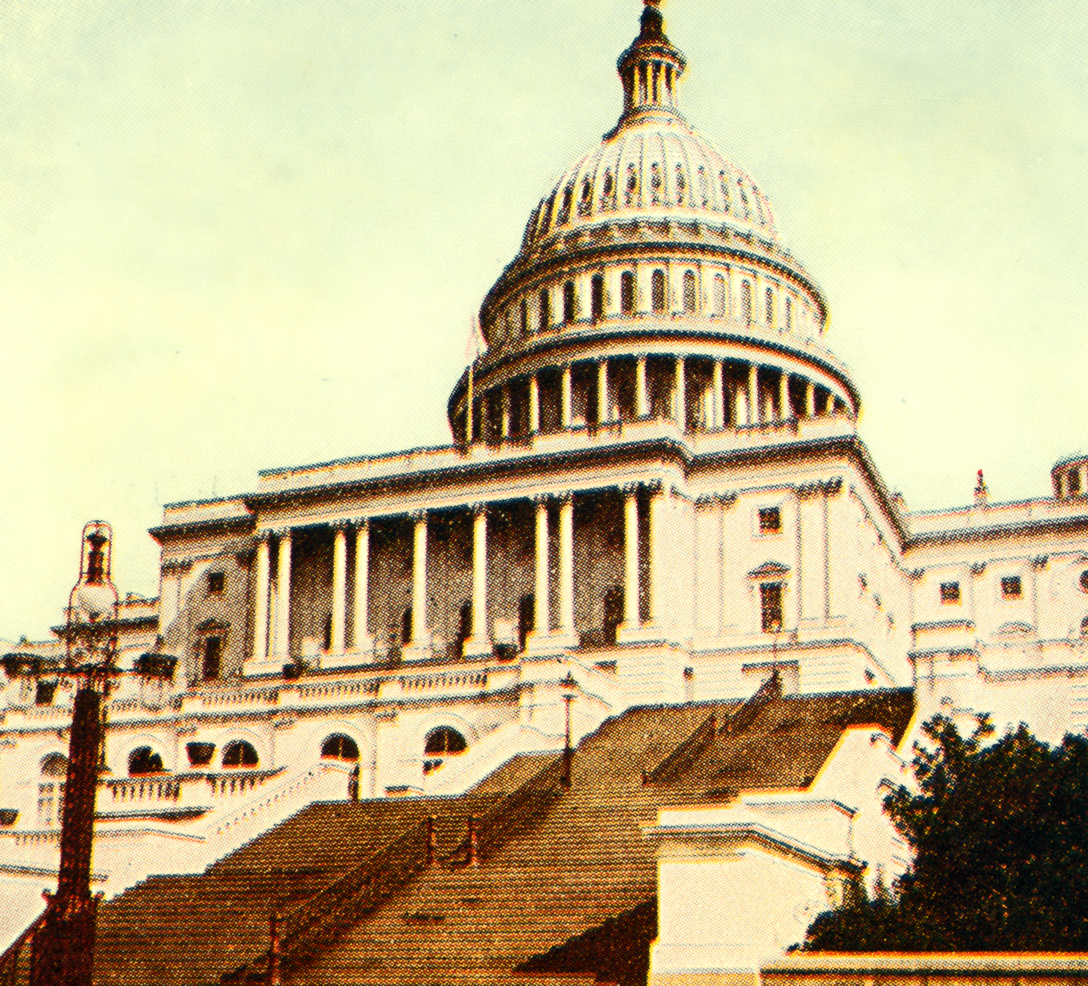Most Presidents, no matter how fiery their campaign rhetoric, move back towards the center the minute they take the oath of office. Thomas Jefferson certainly did, though much of the campaign rhetoric in 1800 had come from his most ardent supporters, not from his own graceful pen.
Solon (640 BC - 558 BC) in a print c. 1807. From the New York Public Library Digital Collections.
Jefferson the classicist had absorbed the wisdom of the ancient Greek statesman and reformer Solon. In the 6th century BC Solon had said, “No more good must be attempted than the nation can bear.” Jefferson would have liked to dismantle Hamilton’s entire fiscal system, but he knew that would cause too much financial and political turmoil in a new experimental republic that was still in a very fragile state. So he settled for reducing the national debt (severely), and cutting the cost of the national government until, as he put it, it involved little more than “a few plain duties performed by a few honest men.”
Getting to the Presidency is an enormous slog through a swampy minefield, with determined and often unscrupulous enemies doing whatever they can to prevent your election. But the minute someone takes his or her seat in the Oval Office, that person becomes a former candidate. Now he or she suddenly represents all of the American people, not merely those who elected him. This realization usually has a sobering and humbling effect on those become President.
So far, Donald Trump appears to have no sense that being President is different from being an outspoken partisan and an urban bully. For him, the majesty of the Presidency is that you get to strut around doing all sorts of impulsive stuff, rather than accept the profound responsibility of improving the lives of a third of a billion people. There is no evidence that Mr. Trump realizes that he presides over the most important nation on earth, that his every utterance has a national and global significance, that a President is expected to embody and exhibit decorum, clarity, and professionalism. As usual, Trump, like every other President, could learn from the modesty, the dignity, and the respectfulness of Thomas Jefferson.
“No more good must be attempted than the nation can bear.”
Trump’s behavior at the National Prayer Breakfast on February 2nd, was really disturbing. He used a sacred occasion to talk about his ratings on the TV reality show the Apprentice. He said, “when I ran for President, I had to leave the show.” He made silly partisan comments about whether the Senate Chaplain Barry Black was appointed by the US Senate, then quipped, "I’m appointing you for another year—the hell with it." "The hell with it"? At the National Prayer Breakfast? And then he asked the audience to pray for Arnold Schwarzenegger—what else could bring his ratings up?
Mr. Trump may be President but he is not yet Presidential, and—alas—as each day, each week goes by with more rather than fewer instances of his bombast, bullying, pettiness, and gigantic self-love, I have come to feel deeper and deeper concern that our republic may be in real jeopardy.
In a letter to Joseph Priestley in March 1801, Jefferson famously said, “We can no longer say there is nothing new under the sun.” But he also said something that I hope we will be able to say two or four years from now, perhaps even sooner:
“The order & good sense displayed in this recovery from delusion, and in the momentous crisis which lately arose, really bespeak a strength of character in our nation which augurs well for the duration of our Republic”.
"The Magnificent Capitol, Washington, D.C.", c. 1898-1925, appears from the New York Public Library Digital Collections.

This week Clay responds to listener mail, including many comments regarding a previous show about Shays' Rebellion, and what Jefferson's reaction would be to the insurrection that occurred on January 6, 2021.
The events at the U.S. Capitol on January 6, 2021 dominated the thoughts of most citizens last week. Clay Jenkinson offers his own thoughts and historical perspective along with comments from Jefferson Hour contributors Beau Wright, David Nicandri and Joseph Ellis.
This week on the Thomas Jefferson Hour, along with some listener questions, we present a discussion with Clay Jenkinson and Joe Ellis about the upcoming presidential election and the strong divisions in our nation between the two major political parties.
Join us for a conversation with Joseph J. Ellis, an American historian whose work focuses on the founders of the United States of America. His books include American Sphinx: The Character of Thomas Jefferson and Passionate Sage: The Character and Legacy of John Adams. Ellis speaks about how important presidential leadership is during times of crisis.